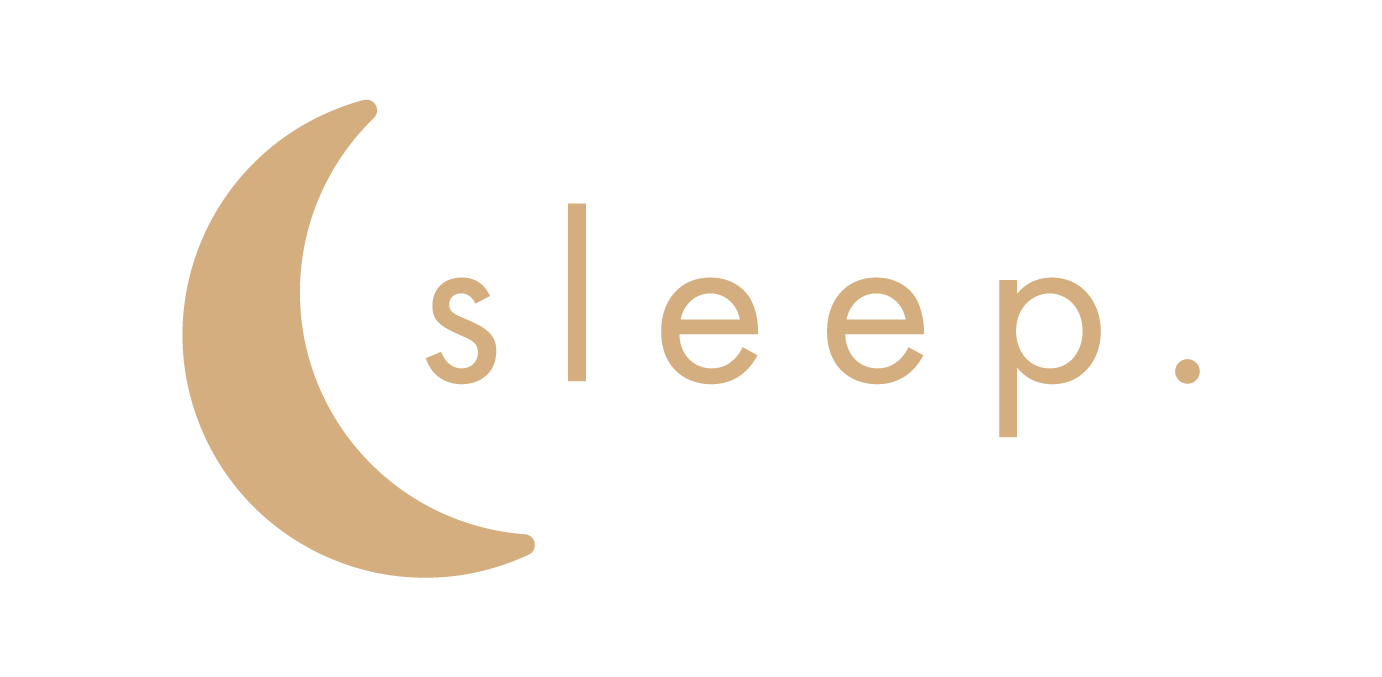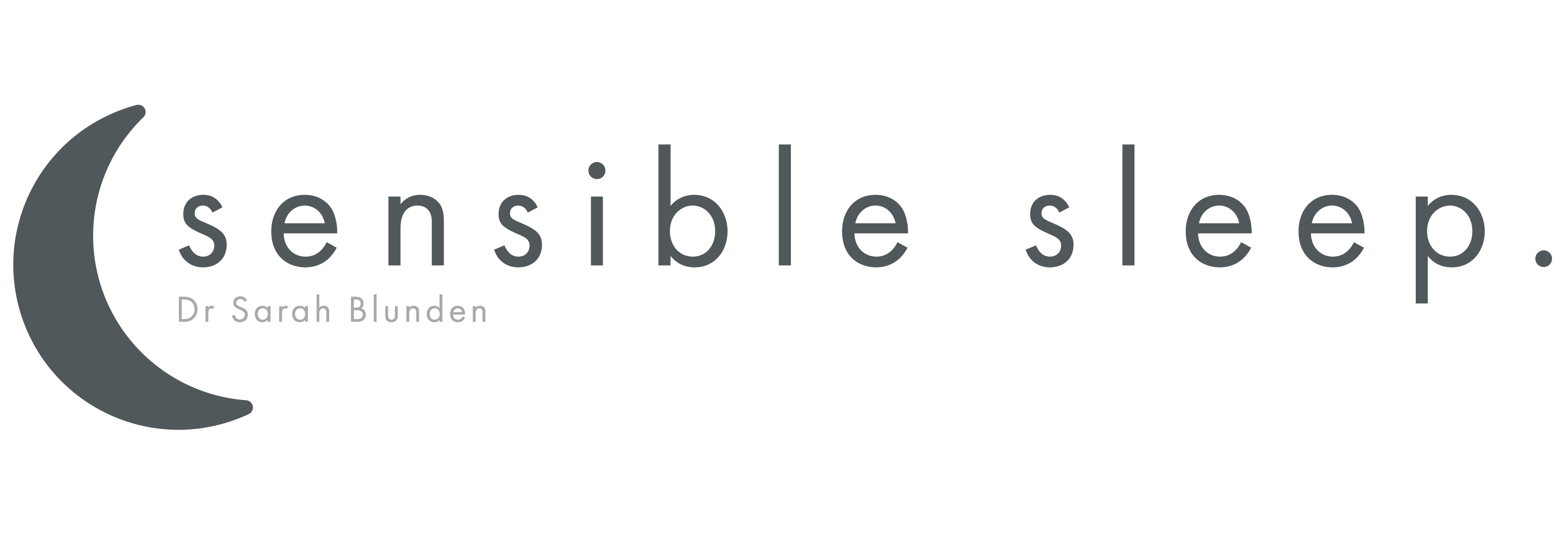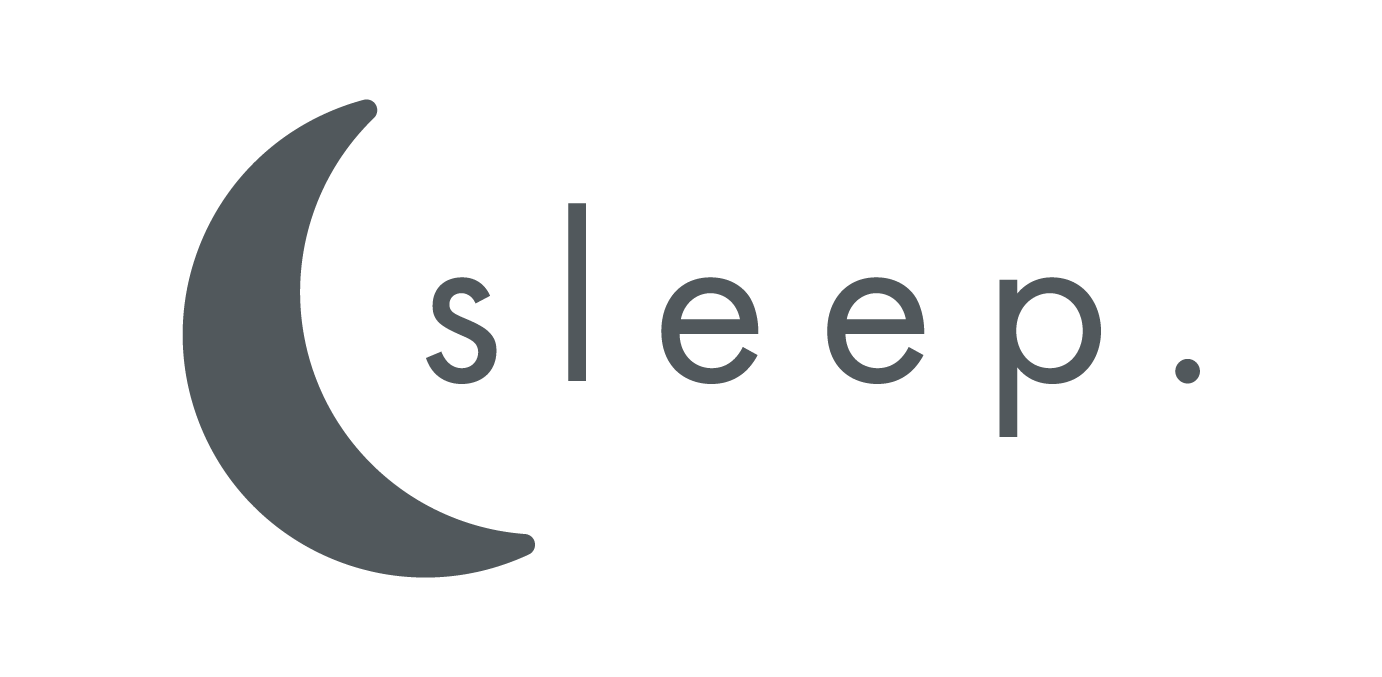
Frequently Asked Questions!
It is physically based in Adelaide, South Australia.
The Address is as follows or click here for our contact page
Paediatric Sleep and Psychology Clinic
Upstream Health
248 Grote Street
Adelaide SA 5000
The Paediatric Sleep Clinic is led by Dr Sarah Blunden (BAPsych Hons, MSocSc, PhD) who is a clinical psychologist and member of the Australian Psychological Society, Australasian Sleep Association, International Pediatric Sleep Association, Neuroscience Network and the Australian Council of Children and the Media. Dr Blunden has been researching and treating children’s sleep disorders for several years at the University of South Australia and through her Paediatric Sleep Clinic in South Australia and Northern Territory, including “E-therapy” around Australia and with an overseas stint at the University of Michigan Medical Center Pediatric Sleep Clinic.
Research undertaken by Dr Blunden indicates that there is a large percentage of children in Australia who are in need of assistance with their sleep problems. Most sleep problems only last for a while and may be related to something in the child’s life (going to school, divorce in the family, getting teeth etc.) But others stay around for months and sometime years. Chronic sleep problems can have long term effects on children’s physical and psychological health.
Sleep problems in children (and adults !) can be largely divided into medical sleep problems (such as sleep apnea, sleep related epilepsy) or behavioural/psychological (such as difficulties getting to sleep or staying asleep, reluctance to go to bed or sleep related anxiety). These latter problems are the type of problem treated at the Paediatric Sleep Clinic.
You may believe that your child has a sleep problem. Here are some basic questions that some parents and children have about how we can treat a sleep problem at the clinic by a psychologist.
A sleep psychologist specialises in diagnosing and treating children’s sleep problems that are behaviourally/psychologically based. What is a behavioural sleep problem? A sleep problem may be the result of a pattern of behaviours that may be getting in the way of good sleep habits. A sleep psychologist can find ways to change these sleep related behaviours (such as sleep routines, how the parents and child interact, how the child behaves when they are sacred or lonely at night) and usually when the sleep habits are changed the child’s sleep patterns will improve. A sleep psychologist can also investigate whether anything else in the child’s life is worrying them and interfering with their sleep such as bullying at school, moving house or a divorce in the family. Sleep can be one of the first things to be effected when a child has a change in their lives or they are worried about something. If sleep problems are found to medically based, children will be referred to medical sleep specialists.
After you have made contact with the clinic you will be sent some sleep, behaviour and family history questionnaires so that we can get a good idea of sleep problems and know a little bit about your child. This information will help us to establish how we can best fix the sleep problems. These questionnaires are usually sent back to the clinic before the first appointment. During the appointment we will go through that information and much more, to get a complete sleep history from your child to try and identify the sleep problem.
Potentially every behaviourally based sleep problem can be fixed. This is usually the case even if you ‘have tried everything!!’ Sleep programs that retrain children (and their parents) into better sleep habits, need to change habits that may have been around for a long time and usually require some effort to fix. However, if you can stick to the sleep program, there is no reason why it will not be successful. The Paediatric Sleep Clinic will support you and your child to stick to the program until sleep habits have improved. In normal childhood development, sleep is one thing that can be controlled.
The Paediatric Sleep and Psychology Clinic does not develop sleep programs for infants under 6 months, but many parents come to the clinic for some sound advice, support and “evidence based” information. The Paediatric Sleep and Psychology Clinic does treat children from 6 months to 18 years. At each developmental stage, there are common sleep problems. As an infant, difficulty settling to sleep without parental assistance creates the most difficulty for families. In toddlers and pre-schoolers, bedtime reluctance, separation anxiety and constant ‘exits’ from the bedroom are the most widespread. In school aged children bedtime fears, nightmares and bedwetting are common and in adolescents, the most common problems are related to sleepiness and difficulty falling asleep. All age groups have specific problems and can be helped to resolve their sleep difficulties. When is the best time to start a sleep program? Sleep problems may develop quickly due to an event or gradually over time. When they begin to interfere with your child’s daytime behaviour, if you, the parents believe that your child is not getting enough sleep and if your family is being affected by lack of sleep, then it is time to investigate how to change things. Any time is a good time to treat a sleep problem!
Treatment programs for behaviourally based sleep problems are usually based on the psychological theory of reinforcement. That is, we reward children for behaviour that we want them to do, but we do not reward them for behaviour we do not want them to do. If poor behaviour (such as getting out of bed, tantrums at bedtime etc.) is rewarded by attention, then the behaviour will in most cases continue. We want children to go to sleep calmly and to ‘self – soothe’ themselves back to sleep during the night when they wake. We want to do this with the least amount of stress for the child and the family.
- In older children, this can be done by finding small and achievable goals to change bedtime behaviour. Rewarding a child with love and encouragement for achieving goals to improve their sleep will usually result in the child continuing to show good behaviour. Children respond to rewards and love and are pleased to be ‘the boss of their sleep’. A sleep program will help parents and children to find the best way to motivate the child and parents to improve poor behaviour by positive reinforcement.
- In younger children, gentle sleep programs can achieve the same result even though we cannot ‘explain’ things to a young baby.
A plan will be put in place and a sleep program will be given to the child and family. A sleep psychologist can also help teach a child techniques to overcome nighttime fears, nightmares, night terrors, stress, bed wetting and separation anxiety.
The Paediatric Sleep Clinic is based on the Sensible Sleep Solution™, a method developed in the clinic from research undertaken by Dr Sarah Blunden and refined by Dr Blunden and Angie Willcocks. The Sensible Sleep Solution™ teaches a child to self soothe without the need for controlled crying. See below for parents comments on the success of this method used in the sleep clinic.
Depending on what the problem is and how long it has been around will make a big difference to the length of time it takes to treat it. Every child and their family is different so solutions for one family may not work for another family. Some programs are finished after 4 weeks and some take longer. Once good sleep habits have been established and the child and parents know how to keep sleep habits healthy, that program can finish. If the sleep program is stuck to, there is no reason why sleep patterns cannot improve. The more the program is stuck to, the faster the improvement.
Payment for the clinic services are expected at each session and are charged according to, but are less than, recommended fees of the Australian Psychological Society.
The cost will be between $190.00 and $160.00 for the first session and between $180.00 and $140.00 for the second session. After reimbursement with either Medicare or any Private Health Insurance there will be is a gap , often between $50.00 and $70.00, depending on whether it is a first or subsequent visit.
Group clinics are available at reduced costs, but there is not reimbursement available for group clinics.
If you would like further assistance with your child’s sleep, you can decide which option is best for you:
1. Individual consultations
2. Telephone and Skype consultations
3. Group Sleep Solutions Sessions
To book an appointment either at the individual clinic you can Contact us.
To book an appointment for the Group Sleep Solutions session go to the Group Programs page for more information.
Sleep researchers believe there is no one magic number for ‘sleep need’ and there are a lot of individual differences in what children and adolescents need to sleep to be at their best. But below is a guide of the best evidence we have so far………….
- Babies under 1: 14-18 hours throughout the day and night
- Toddlers: 12-14 hours per 24 hour period
- Primary school: 10-12 hours per day
- High school: 8-10 hours per day
- Adults: 7-9 hours per day
Many things can be affected when we do not sleep enough such as:
- Behaviour – aggressive. antisocial, withdrawn, hyperactive, unable to control or regulate behaviour
- Emotion – Moody, depressed, anxious, stressed, uneasy, unconfident, irritable
- Planning – poorly organised, poor time managers, repeating grades, forgets lessons
- Concentration – inattentive, lack of concentration, falling behind in school
- Creativity – not working at full potential
- Problem solving – poor behaviour control and difficulty in social situations
- Complicated thinking – struggles with maths, sciences, languages, abstract concepts
- Motor coordination – less sporty, more accidents, clumsier
- Weight – being obese and overweight is more likely with less sleep
- Health – poorer immune system – sicker more often
- Learning – it is though that sleep, particularly dream sleep or REM sleep, is necessary for storing certain types of memory, particularly more difficult memories such as mathematical concepts and language.
If people find it hard to get to sleep or to get enough sleep, what are some techniques they could try to improve this?
First of all try and establish what is contributing to the problem
Is it:
- Psychological (are they worried, stressed, anxious or depressed?) this can be addressed with help from a psychological professional, school counsellor or even a good friend. Relaxation exercise are excellent ways of learning to relax the mind and the body so sleep is easier.
- Physiological ( body and physical health). Are they sick? D=See a health professional
- Environmental and behavioural: is the room too dark or light or noisy or hot. Have they drunken too much coffee or watched too much TV that can keep them awake?
Try some sleep hygiene measures.
“Sleep hygiene” – this can be defined as habits that can help us to sleep or stop us from sleeping. If you or someone you know is having trouble sleeping you can try to change or include some of the things on this list and see if it helps.
- No TV/computer games 1 hour before bed. No TV s in bedrooms
- Monitor mobile phone use in bed
- No coke/caffeine, high sugar or high spicy food 3-4 hours before bed
- Ensure relaxing and regular bed time routine – special time with children, relaxation techniques such as breathing
- No vigorous exercise 1 hour before bed – it raises the body temperature
- Finish eating 2-3 hours before bed – digestion competes with sleeping – hot milk is OK
- Make sure the bedroom is comfortable (temperature, light, noise)
- Set bedtimes and wake times – try and keep these regular
- Learn to relax – deal with worry and stress
- Use a sleep diary to check how many hours you are sleeping – Are you sleeping enough?
- Convince children that it is important to sleep well – Reward them for complying with bedtime rules
Adolescents often have a delayed sleep phase – they get tired later than they did before. Their bodies are not ready to sleep when the clock says it is time.
This is due to both hormonal changes and social pressures.
- Social factors
- Teenagers have a lot more going on in their lives (phone, TV, jobs, social activities, school, sports and more homework, worry)
- These all compete for sleep
- Sleep is low on the priority list.
- Hormonal (sleep/wake) factors
- Their natural body clock delays and they get sleepy later in the evening
- Delayed production of melatonin (one of our sleep hormones which makes us sleepy) so they get sleepy later
- Their body is not ready to fall asleep until later so they do things to stop being bored (TV, phone)
- They find it hard to get up in the morning because their body is still in ‘sleep mode’
As a result, adolescents are usually very sleepy during the week as they miss out on a couple of hours sleep per night. By the end of the week they may have a sleep debt. Adolescents are sleep deprived – How can they learn like that?
What can you do about poor sleep in adolescents?
- Try and keep their bedtimes and wake times during the week and the weekends within an hour of each other. Letting them sleep in a lot on weekends makes it harder to get to sleep that night
- Remember that they DO need to catch up on a bit of sleep on the weekends though.
- They can use napping for ONLY 20 minutes at about 4 PM. This is better than sleeping in TOO much on weekend to pay back sleep and gives enough energy to stay up and do homework or sport.
- Stop watching TV, playing video games or computer work 30-60 minutes before bed. The blue light in computer screens can STOP them falling asleep.
- The natural light can wake them up. Have breakfast outside in the sun. This will give your body the cue to wake up.
- Exercise every day (but not too close to bedtime) helps you sleep better.
- Promote good sleep hygiene – no coffee or stimulants.
These can be divided into 4 main areas:
- physiological (body systems, like cardiovascular and endocrine systems and physical health),
- psychological, (emotional and mental health) and
- psychosocial (behaviour, peer relations, family relationships) and
- cognitive (learning, attention, problem solving )
- Is sleep just as important for teenagers as it is during other stages of life?
Short answer absolutely. In fact more important because of the pressure of schooling. Research says that teenagers actually need MORE sleep than younger and older people. But they usually don’t get it.
The current thoughts are that teenagers need about 9 hours per night. Most teenagers across the world get between 7-8 so they are in ‘ sleep debt’
First of all try and establish what is contributing to the problem
Is it:
- Psychological (are they worried, stressed, anxious or depressed?) this can be addressed with help from a psychological professional, school counsellor or even a good friend. Relaxation exercise are excellent ways of learning to relax the mind and the body so sleep is easier.
- Physiological ( body and physical health). Are they sick? D=See a health professional
- Environmental and behavioural: is the room too dark or light or noisy or hot. Have they drunken too much coffee or watched too much TV that can keep them awake?
Try some sleep hygiene measures..
The Paediatric Sleep and Psychology Clinic uses a responsive, non- ignoring method to change and improve sleep patterns in children. There is no need to ignore an infant or child in order to achieve better sleep. Our responsive sleep methods have been used for many years, have been published in academic journals and parenting books and are the basis for the GeMMS Practice Certificate (Gentle Methods of Self Settling, developed to train health professionals around the world in this responsive method.

